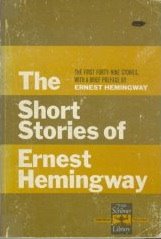 To kick off my year of reading more non-fiction, I started with a little personal improvement. I wanted to read "Orson Welles" because I was looking for some insights into how the famous director made use of sound, rhythm, and tempo in the blocking and cutting of his films. What I got was much more rewarding.
To kick off my year of reading more non-fiction, I started with a little personal improvement. I wanted to read "Orson Welles" because I was looking for some insights into how the famous director made use of sound, rhythm, and tempo in the blocking and cutting of his films. What I got was much more rewarding.Bazin is a great writer who takes care to discuss many aspects of Welles filmmaking, including his bravado and cocky attitude that won him out of many assignments. Still, he seems to be the command of his destiny and to only make the films he wants to.
There is much to learn from here, even the foreword by the famous French director and film critic Francois Truffaut is insightful, however brief. Welles career may have been shorter on the directing side than many of us would have liked, but the legacy that he did leave bears a mountain of study. Indeed, Welles was very keen on editing in cinema, and paid very close attention to it, and he also made use of a sense of timing that comes from his experience on the stage.
The attention and appreciation brought to the technical side of Welles' films is enough to appease at least this reader's appetite for knowledge. The book is a little outdated now but is still a good read nonetheless.


No comments:
Post a Comment